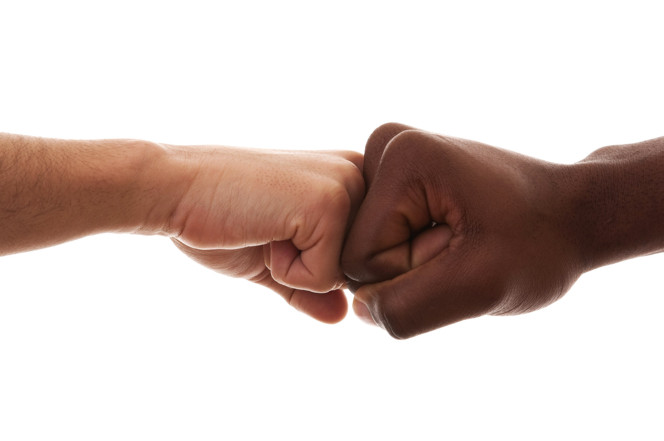The human brain responds more strongly to negative depiction of ethnic or religious minorities, finds a new study that analyses the beginning and the spread of racial bias.
“When you look at Islam, for example, there is so many more negative stories than positive ones and that will build up over time,” said Hugo Spiers, a neuroscientist at University College London in the UK.
Participants were shown information fragments about fictitious social groups, like “a member of the Kitils kicked a stray cat” or “a member of the Pellums gave their mother a bouquet of flowers”.
The two main groups were designated as “good” and “bad”, with two-thirds of the information fitting the group stereotype and rest opposing the trend.
The researchers took brain scans as the participants built up a picture of the tribes which showed that activity in a brain region called the anterior temporal pole matched their acquisition of prejudice, The Guardian reported.
By measuring brain activities, researchers mathematically tracked prejudice in real time to determine a person’s current level of bias, Spiers said.
The study showed that the brain did not respond equally to good and bad information.
Once the participants had seen enough snippets to feel reassured that a group were essentially goodies, brain activity in the anterior temporal pole quickly tailed off.
However, it continued to respond strongly to the negative snippets about the behaviour of the “bad” group.
“The negative groups become treated as more and more negative. Worse than the equivalent for the positive groups,” said Spiers.
(With agency input)

